Keywords: Spring
There are more than 200 results, only the first 200 are displayed here.
-
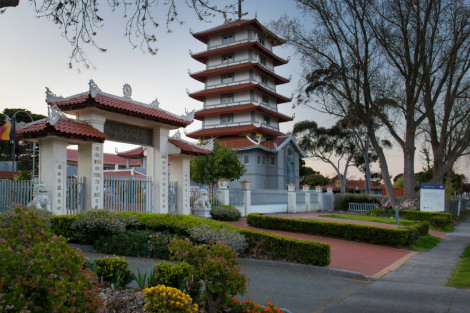
RELIGION
Last Sunday, I headed to a Buddhist temple in Springvale, in Melbourne's outer south-east. I wasn't going for a Songkran festival (Thai New Year), and it wasn't a regular part of my routine. I was going because my mother wanted to pray for her eldest sister, who had died on the Friday. My mother is a temple frequenter. I am not. But I was thankful for the immediacy with which she felt she was part of a worshipping community, even though she'd never before been to that particular temple.
READ MORE 
-
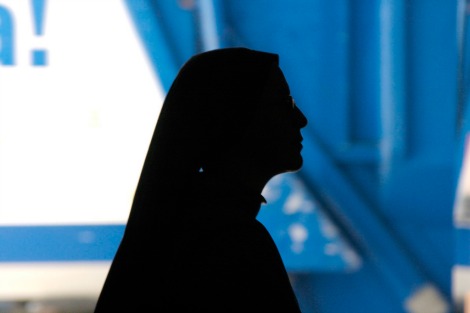
RELIGION
- Julie Davies
- 07 February 2017
20 Comments
Sister Barbara taught me in my fifth and sixth years. She had a large multi-grade class, yet she found time to realise I wasn't 'a bit slow' but was actually half-blind, partially deaf and bored witless. She ensured I was placed close to the front where I could hear, and arranged my first eye examination. Sister Barbara also sent away for high school English books just for me and that year this supposedly 'slow' child came first in class. These acts changed the course of my life.
READ MORE 
-

INTERNATIONAL
- Jeff Sparrow
- 16 December 2016
12 Comments
Assad's victory epitomises, in a sense, the reactionary tide prevailing just about everywhere in this, the Year of the Donald. The hopes raised during the Arab Spring have, it seems, been crushed, with the Syrian regime consolidating its grip over a nation it has oppressed for so long. Yet Aleppo also illustrates how little the Right's victories have actually settled. The Right's biggest asset is often the Left, with progressives seemingly determined to validate all the smears levelled against them.
READ MORE 
-
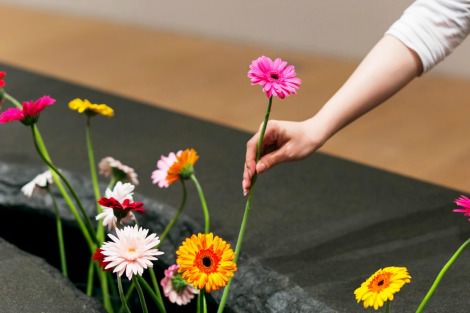
ARTS AND CULTURE
- Maureen O'Brien
- 22 November 2016
5 Comments
Recently I went with a group of friends to see the musical Dusty. Afterwards, walking with one of my friends, I spoke about how special it had turned out for me seeing this musical on the day after my 54th wedding anniversary. Dusty Springfield's songs were ones my husband and I would have known well at the time. Just as I was reflecting on how some events have more significance than what appears on the surface, a young man on my right turned to me and handed me a large red flower.
READ MORE 
-
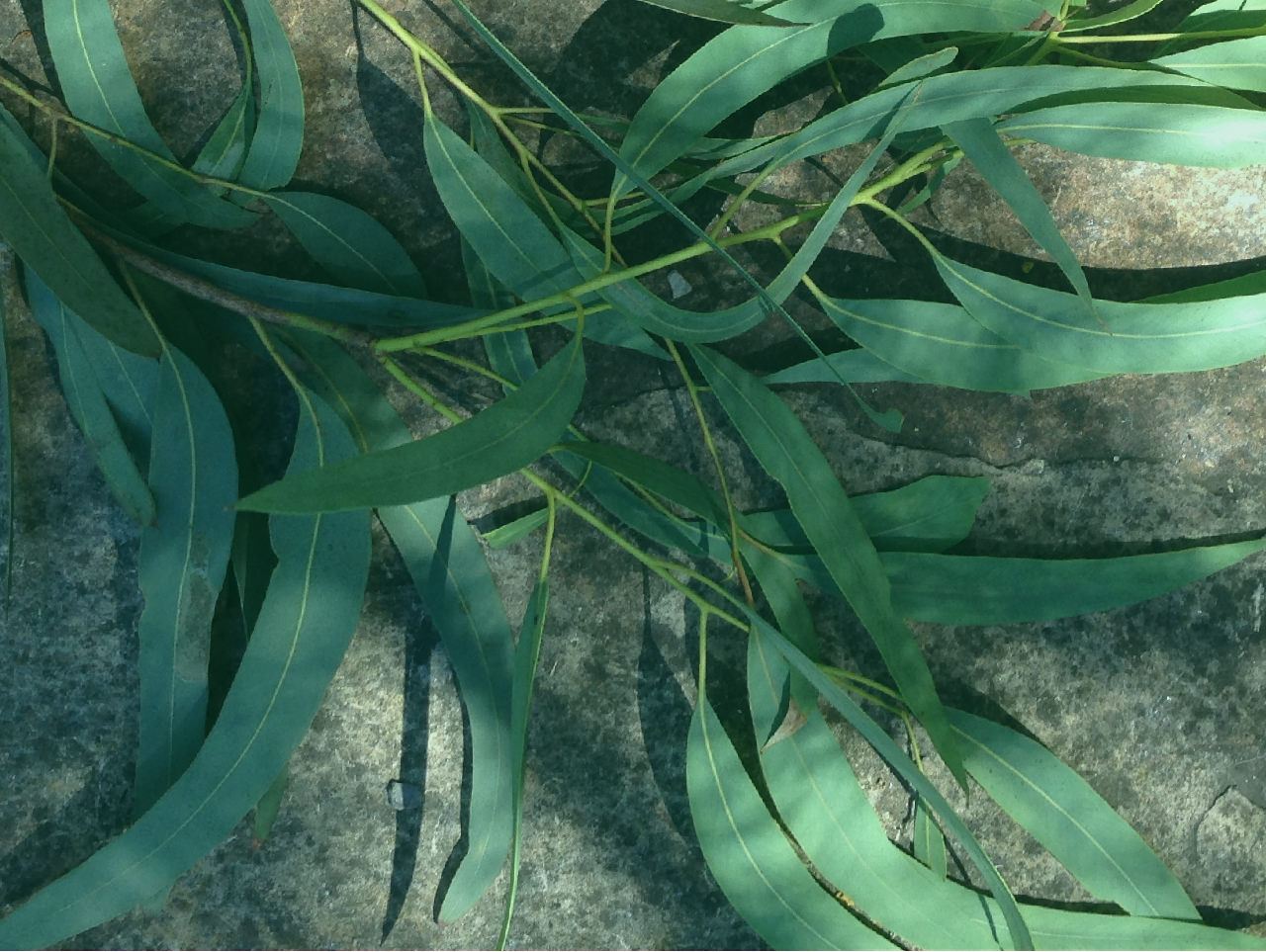
ARTS AND CULTURE
- Carol O'Connor
- 21 November 2016
6 Comments
Counting angels dancing on a pinhead? How about, making count the stranger who stands right in front of me ... Love lies hidden. Quick! Look under the moss, hear the stone sing ... Mother Earth is groaning ... Dislocation. Disconnection. Displacement. Only you, only you, only you can take us home.
READ MORE 
-

AUSTRALIA
- Brian Matthews
- 03 November 2016
4 Comments
Curiously, while privacy continues to be valued and sought in the 21st century perhaps more strenuously than ever before, its milieu is once again the furious turmoil of aggressively public revelation, exhortation and threat that distinguished Johan Huizinga's scarifying portrait of the medieval world, in his book The Autumn of The Middle Ages. In our age, 'all things in life' once again have 'about them something glitteringly and cruelly public'. Or to put it another way, we have social media.
READ MORE 
-

ARTS AND CULTURE
- Brian Doyle
- 24 October 2016
5 Comments
This is what I saw at a funeral, on a bright brilliant crystal spring day which the late lamented would most surely have called a great day for golf: His grandson, age smallish, dandling the deceased's favourite club on the lawn outside the church, as all the mourners stood around chatting. The boy whirled it like a baton, and balanced it on a finger, and finally leaned insouciantly on the club, exactly as his grandfather had so very many times before. It seemed very much to be a prayer, somehow.
READ MORE 
-

ARTS AND CULTURE
- Max Richards
- 10 October 2016
9 Comments
'You'd be on the beach with me, dearest, and your favourite birds nearby as if making gifts of themselves to you. Sharing was what we were doing, and there seemed no end to it, though there would be, darkness coming on, no knowing when but not yet, not quite yet.' Poetry by Max Richards, who died after sustaining head injuries in a car accident in Seattle on 21 September.
READ MORE 
-
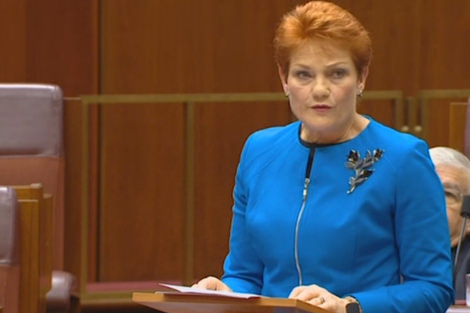
AUSTRALIA
- Rachel Woodlock
- 16 September 2016
24 Comments
Invisible to Hanson and her ilk are the hundreds of thousands of Aussies whose understanding of Islam allows them to enjoy and promote the separation of religion and state, live happily and peacefully alongside their non-Muslim neighbours, and have no long-term plans to impose their beliefs on anyone. Why should anyone delegitimise their Islam? Pauline Hanson may do it for the votes, but if we listen to her and follow her suggestions, we run the risk of destroying the very social cohesion she mistakenly thinks is threatened by multiculturalism.
READ MORE 
-
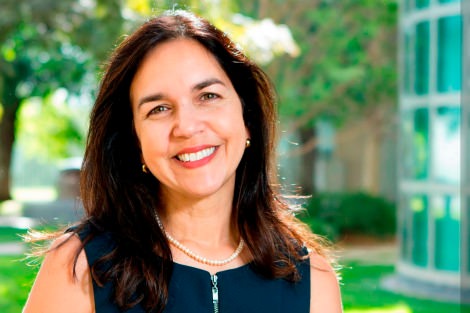
AUSTRALIA
- Jarni Blakkarly
- 21 June 2016
11 Comments
Across the political spectrum, Australia's major and minor parties are failing to reflect the multicultural Australia of the 21st century. We have fallen far behind similar nations like Canada, who elected 19 Indian-Canadians alone, and ten indigenous parliamentarians, at their last election. Who we elect to our parliament is not just about the gesture, it is also a reflection of where power lies within our society, and whose voices are given the space to be heard to represent the community.
READ MORE 
-

ARTS AND CULTURE
- Yuan Changming
- 03 May 2016
6 Comments
No belief without a lie. No business without sin. No character without an act. No coffee without a fee. No courage without rage. No culture without a cult. No entrance without a trance. No epicenter without an epic. No Europe without a rope. No freedom without a reed. No friendship without an end. No fundamentalism without mental fun.
READ MORE 
-
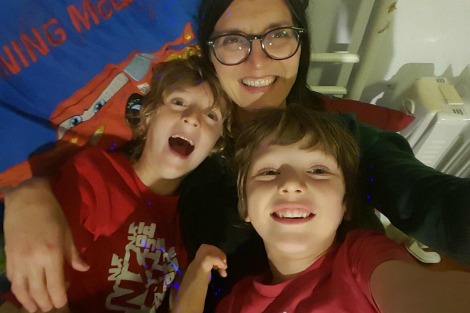
ARTS AND CULTURE
As a parent you learn to shore yourself against those uncomfortable questions from your offspring, but not all uncomfortable questions are created equally, and right up there with 'Mummy, where did I come from?' is the question: 'Am I your favourite?' Last week, US research published in the Journal of Family Psychology found that 70 per cent of mothers admitted to favouring one child over another. Whatever my usual protestations, do I do this too? Unfortunately, sometimes, I think I do.
READ MORE 